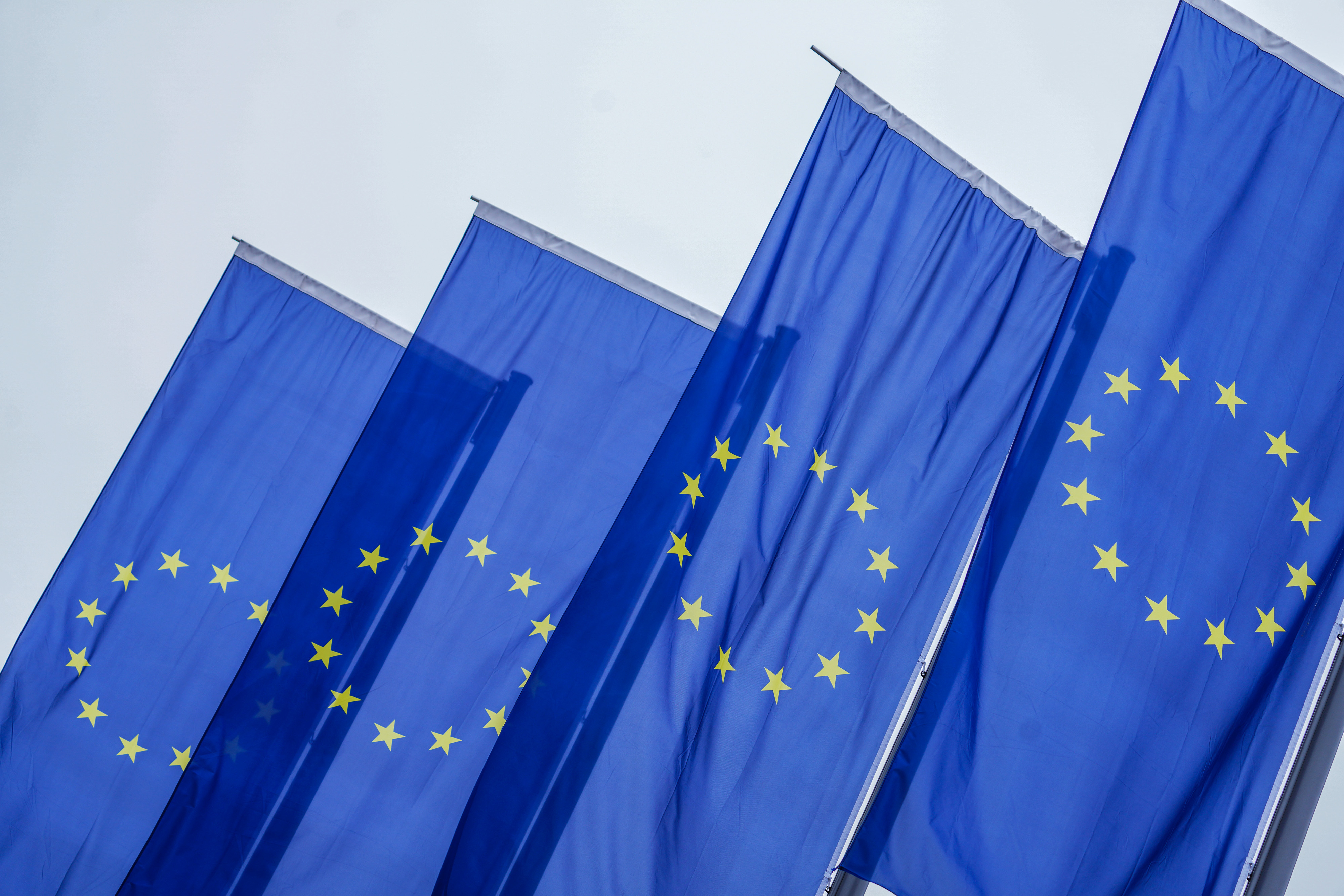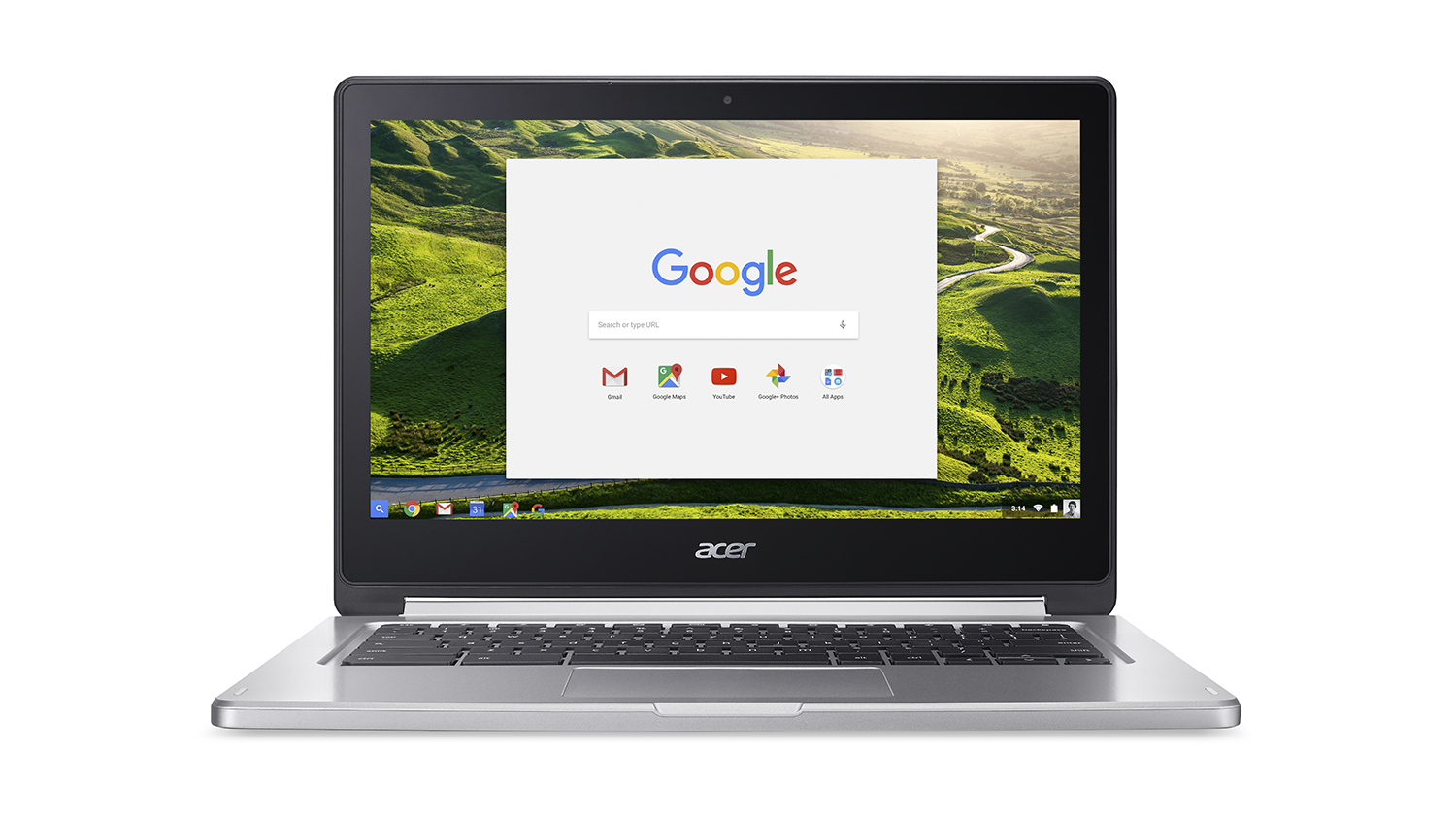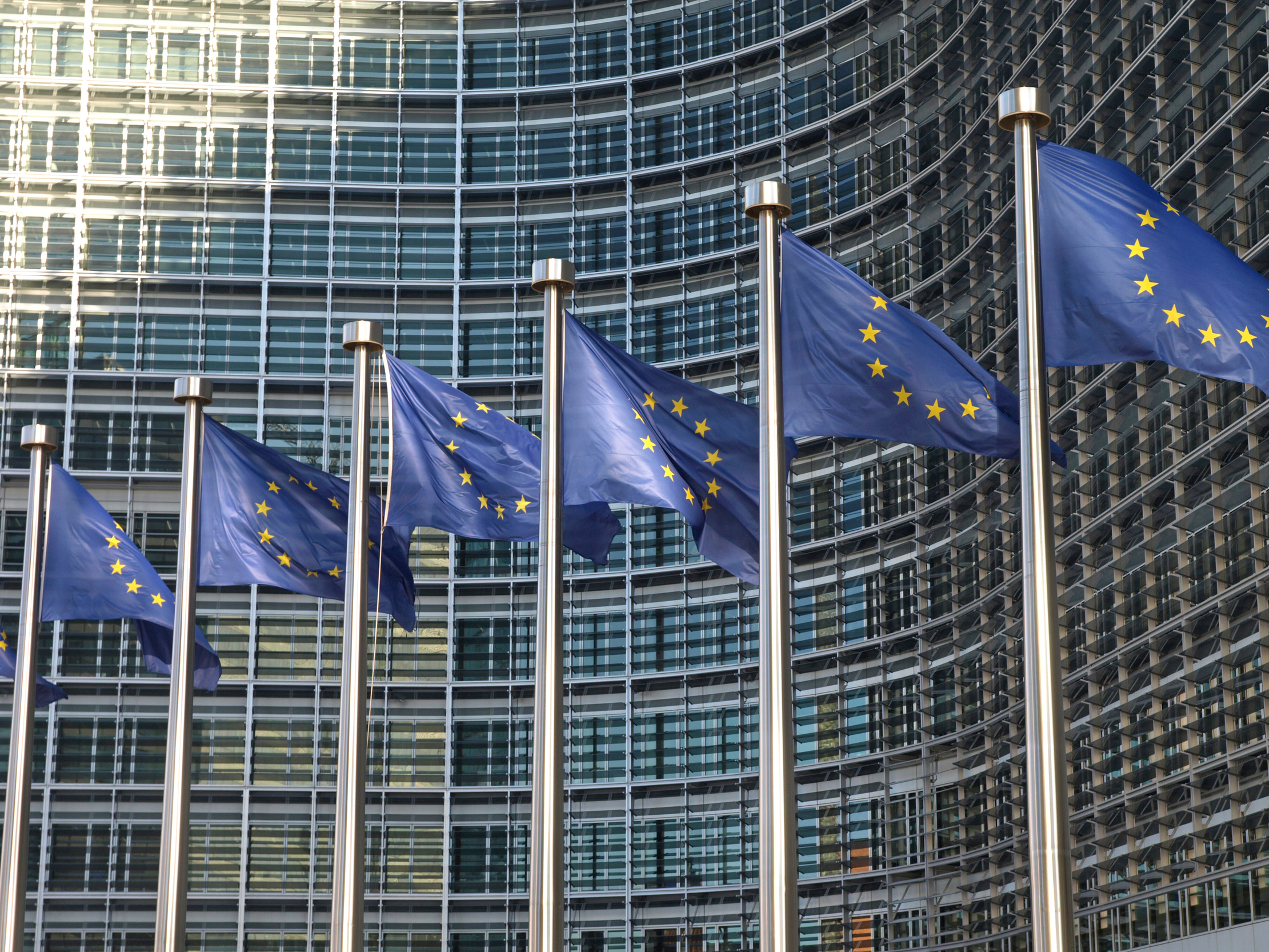Microsoft threatened with Windows 8 tablet antitrust probe
Software giant could face fresh investigation over claims tablet users will not be offered Internet Explorer alternatives.

Microsoft could find itself at the centre of a fresh EU antitrust probe, with regulators set to investigate whether the software giant needs to offer Windows 8 tablet users a choice of web browsers.
The vendor had agreed with the EU in 2009 to offer PC buyers a choice of 12 internet browsers to install in addition to, or instead of, Internet Explorer.
The firm has recently come under fire from the EU after it emerged that some end users, who purchased PCs running Windows 7 Service Pack 1, were not offered a choice of Internet Explorer alternatives.
We are working with the commission to answer any questions.
Microsoft has blamed the omission, which is thought to have affected 28 million PCs, on a technical glitch.
However, according to a report on Bloomberg, the EU is planning to investigate whether or not the tablet versions of Windows 8 will need to offer consumers a choice of alternative browsers.
"We will need to look at this," Joaquin Almunia, the EU's competition commissioner told Bloomberg.
Sign up today and you will receive a free copy of our Future Focus 2025 report - the leading guidance on AI, cybersecurity and other IT challenges as per 700+ senior executives
Rival web browser software vendor Mozilla has previously claimed that Windows RT, the tablet version of Microsoft's Windows 8 software, will only let users access the web via Internet Explorer.
In response to the claims, Microsoft spokesperson Robin Koch told Bloomberg that the company is "confident" that Windows 8, Windows RT and Windows Phone will offer "customers choice in a very competitive market."
Koch added: "We are working with the commission to answer any questions it may have."
-
 I couldn’t escape the iPhone 17 Pro this year – and it’s about time we redefined business phones
I couldn’t escape the iPhone 17 Pro this year – and it’s about time we redefined business phonesOpinion ITPro is back on smartphone reviews, as they grow more and more intertwined with our work-life balance
-
 When everything connects, everything’s at risk
When everything connects, everything’s at riskIndustry Insights Growing IoT complexity demands dynamic, automated security for visibility, compliance, and resilience
-
 Open source advocates "cautiously optimistic" about Cyber Resilience Act after industry pushback prompts changes
Open source advocates "cautiously optimistic" about Cyber Resilience Act after industry pushback prompts changesNews Amendments to the Cyber Resilience Act in December curtailed the potential impact on open source developers in the region, an industry body has said
-
 Reprieve for open source industry as agreement reached on Cyber Resilience Act
Reprieve for open source industry as agreement reached on Cyber Resilience ActNews The Cyber Resilience Act has been maligned by open source advocates across Europe
-
 What's the EU's problem with open source?
What's the EU's problem with open source?Analysis The open source community has raised concerns about a raft of new regulatory changes in the EU in recent months
-
 EU Cyber Resilience Act a ‘death knell’ for open source software, critics warn
EU Cyber Resilience Act a ‘death knell’ for open source software, critics warnNews Critics of the act claim that requirements for open source software usage could severely impact the community
-
 Swedish privacy concerns result in fines over Google Analytics
Swedish privacy concerns result in fines over Google AnalyticsNews Swedish privacy authority ordered companies to stop using the ubiquitous web traffic analysis tool, in line with recent EU rulings
-
 Researcher says criticising Google cost him his job
Researcher says criticising Google cost him his jobNews Barry Lynn sets up new group to address platform monopolies after being pushed out at Google-funded New America
-
 £130 million Google-UK tax deal could be squashed by EU
£130 million Google-UK tax deal could be squashed by EUNews SNP and Labor question terms of perceived low-rate deal
-
 Google blames search “monopoly” on bug
Google blames search “monopoly” on bugNews Glitch was responsible for Yelp and TripAdvisor getting buried in search results, claims search engine giant